Getting in the Heads of Data Center Tenants
Here's why serving the nation's fastest-growing occupiers presents both big opportunities and unique complexities.
The national data center market faces many constraints, including supply, access to power and high construction costs. And yet, inventory continues to grow as vacancy rates decrease.
According to a CBRE global data center trends report, in the first quarter of 2024 the national data center inventory grew 24.4 percent on a year-over-year basis. During the same period, vacancy rates hit new lows across the major data center markets—Northern Virginia, Dallas-Fort Worth, Chicago and Silicon Valley.
With stiff competition and an extremely tight market, brokers have to be at the top of their game to get data center tenants what they want. But what exactly does this entail?
What’s changed
While many of the things data center tenants want have remained the same, others have significantly changed in recent years. Among those that have changed, power requirements is perhaps the biggest.

“If one of my clients was looking at space today versus 10 years ago, the requirement for power is considerably greater,” Bo Bond, executive managing director in Cushman & Wakefield’s Global Data Center Advisory Group, told Commercial Property Executive.
Another thing that has shifted is preferences, or risk tolerance, surrounding forms of power. Tenants today might accept a less distributed form of power, since platforms allow for more ways to backup systems and more redundancy tolerance. Previously, redundancy of mechanical and electrical systems was less distributed in nature, Bond mentioned.
Howard Berry, principal in charge of national data center solutions at Avison Young, similarly noted redundancy as a top concern as some applications require strict uptime guarantees.
“Tenants expect their data center providers to prioritize reliability and invest in robust infrastructure, often opting for N+1 configurations to ensure seamless operations,” he said.
READ ALSO: More Data Centers, Please!
Another recent shift, according to Berry, is tenants expecting that data center landlords or operators will negotiate tax incentives on their behalf.
“Historically, providers have not been directly involved in this process, but now users are seeking their assistance to secure these incentives upfront,” Berry noted, pointing out that tenants are seeking more comprehensive solutions from providers.
In addition to preserving their bottom line, more data center tenants are focusing on improved energy efficiency and furthering their ESG initiatives.
“Tenants are now prioritizing data centers that leverage renewable energy sources such as solar and wind to reduce their carbon footprint,” said Joseph Jemal, director of capital markets at KSR.
Recurring priorities
Location is still a top priority for data center companies. “Tenants prioritize proximity to transportation hubs, business centers and access to reliable power and fiber infrastructure,” Jemal said, adding that room for future expansion is also a key consideration.
And of course, access to the cloud is more important than ever, Bond pointed out. With cloud companies—the Amazons and Googles and Microsofts of the world—continuing to grow, cloud access is more prolific than ever.

Then there are the physical space requirements, which also remain crucial. According to Berry, when it comes to selecting prime space, data center tenants mainly prioritize power per rack and cooling infrastructure.
“These critical components ensure the reliability and efficiency of their operations,” Berry said. “Furthermore, tenants seek data centers with flexible design capabilities, allowing them to adapt to their specific needs and workloads.”
Data center trends to watch
With the rise of technology, data centers are expected to grow exponentially, and the capital markets are continuing to invest significant amounts into the space.
For now, it’s no easy task finding availability for tenants in existing buildings and the same is true for those still in development, Bond said. As a result, data center owners have been afforded significant rent increases. He anticipates that on the supply side, these constraints are likely to continue.
READ ALSO: How AI Is Pushing Cloud Data Center Providers to Scale Up
“Right now the market in the U.S. is arguably anywhere from 5 to 2 percent vacancy,” Bond said. “It’s a landlord’s market. For that reason, many of the facilities coming out of the ground today are being preleased. There’s a significant supply constraint.”
Another factor to watch is the expanding role of AI within the data center space.

“As technology evolves, these functionalities will enhance the efficiency and effectiveness of data center operations,” Jemal noted.
But equally notable is the growing influence of local and state governments and power providers around such technologies, Berry mentioned.
“State governments are starting to introduce regulations around AI, with those that pioneer legislation likely to impact the growth of AI in their respective states,” he said. “Meanwhile, local governments that offer sales tax incentives or already have them in place for data center equipment are likely to attract hyperscale development.”
Advice for data center brokers
Jemal’s advice to anyone looking to earn respect in the data center brokerage industry is to master every aspect of it.
“To succeed in this sector, you need to truly understand the specifics of the business,” he said. “It’s not just about sharing every available opportunity with the client—it’s about knowing what makes a data center exceptional.”
For Berry, when it comes to getting in the heads of hyperscale tenants, its essential to focus on the financial implications of IT expenses.
“With IT costs on the rise, hyperscale tenants are under pressure to optimize their data compute and storage strategies to avoid the high costs associated with cloud services,” he said. “By taking the time to understand the financial benefits of a well-planned data center strategy, brokers can help tenants develop a comprehensive plan that saves them millions of dollars.”
To do this a broker needs to conduct a deep dive into each tenant’s requirements. Only then can a broker provide tailored and informed solutions that drive real and impactful results.
Further, people may assume that all data centers are alike, Bond said, but that couldn’t be further from the truth. Just like a mom-and-pop barber has differing needs from a large department store hair salon, data centers are exponentially different in their needs as well, he pointed out. Brokers need to understand these different requirements to truly fulfill their role.
For Bond, it takes skills from multiple disciplines to be a great data center broker—from being a good land broker and understanding highly complex leases to learning varying degrees of scope and keeping up with new tech—you have to be able to do it all.
“What I thoroughly enjoy about this space is that technology changes so rapidly,” Bond said. “We have already seen so much change, and we all predict that there will continue to be change. It takes somebody that thrives off of the ever-evolving technological advancements in the world.”

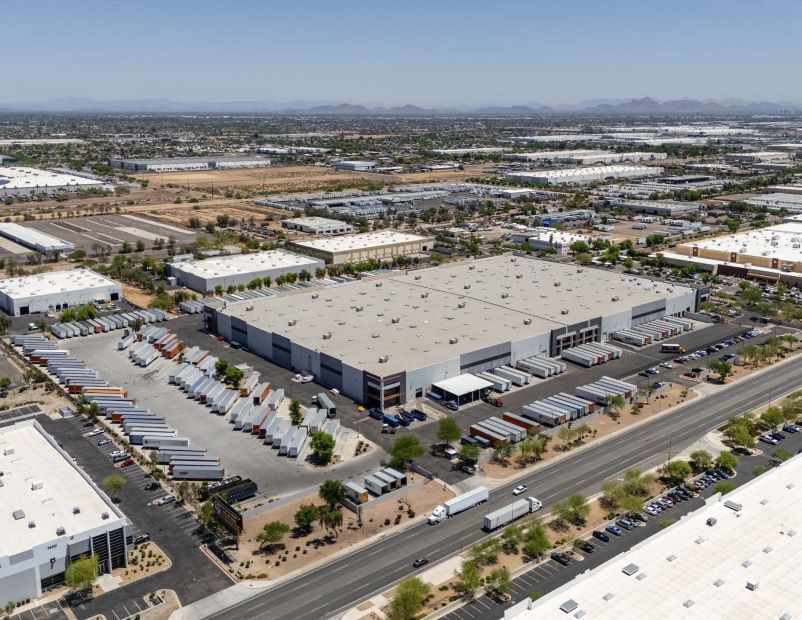
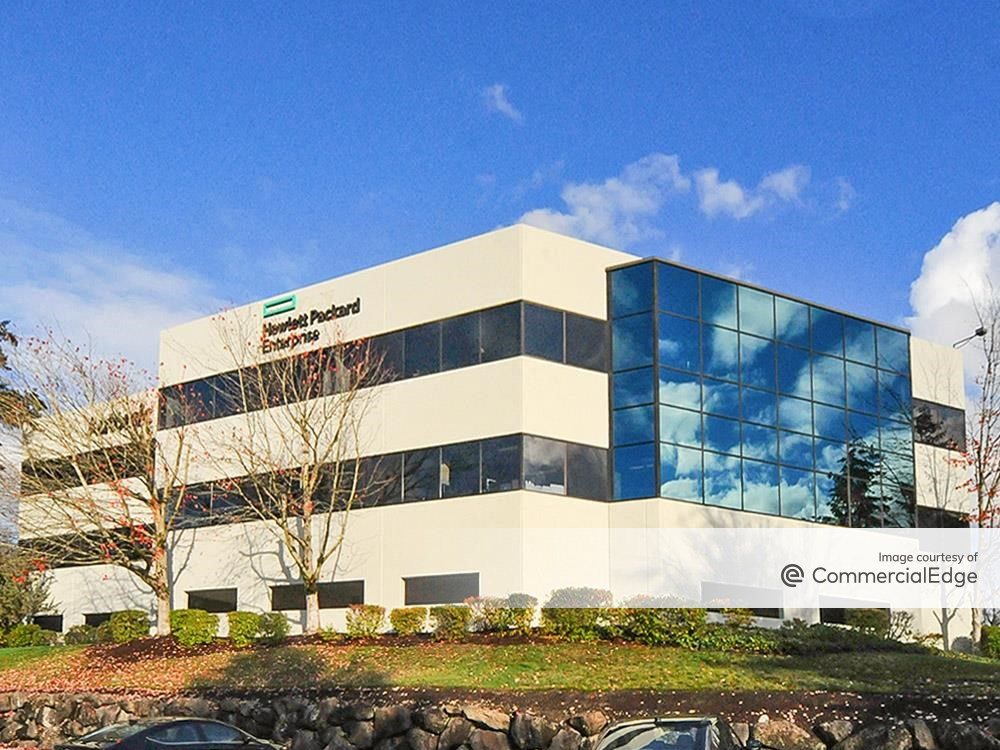

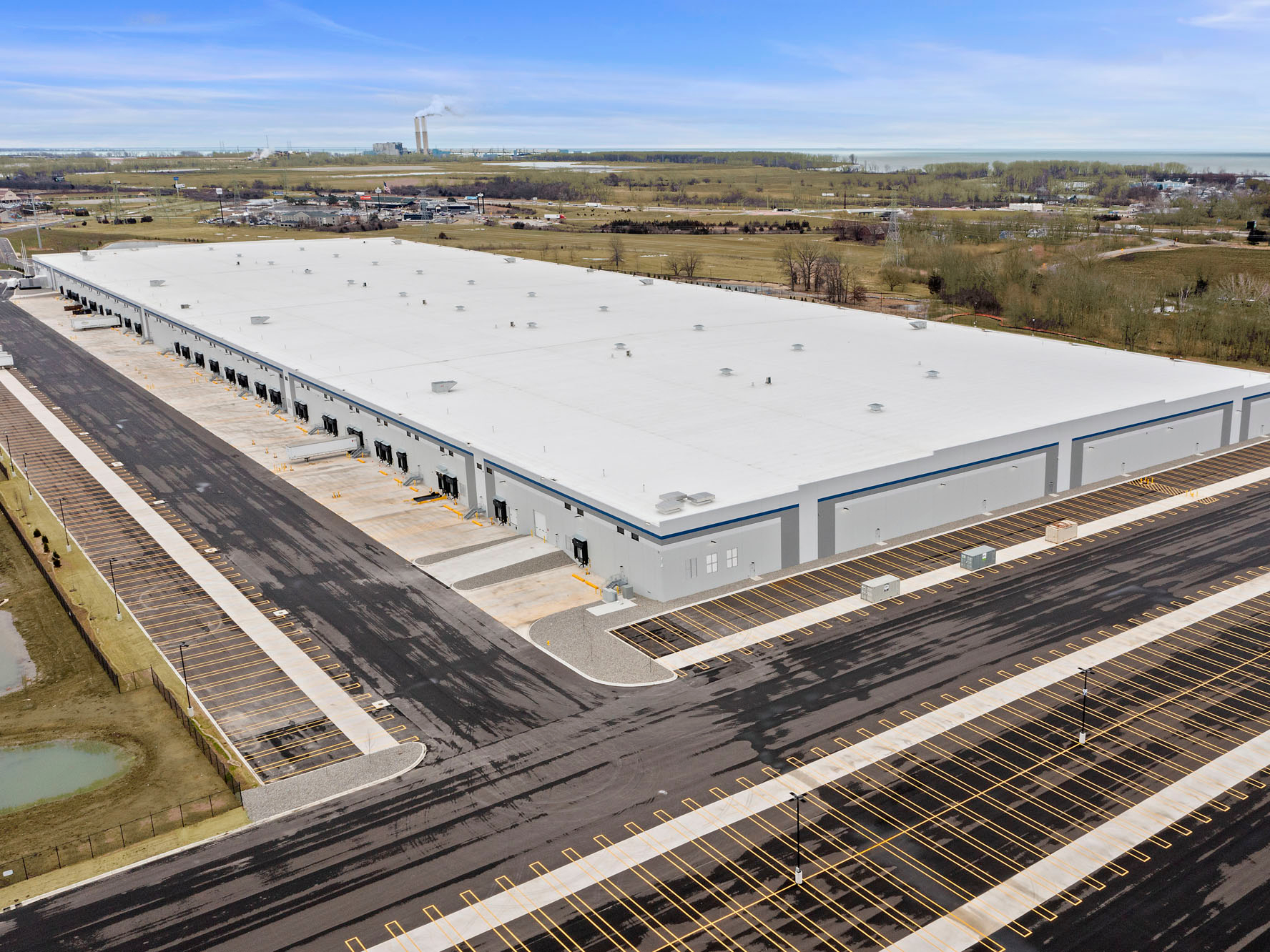
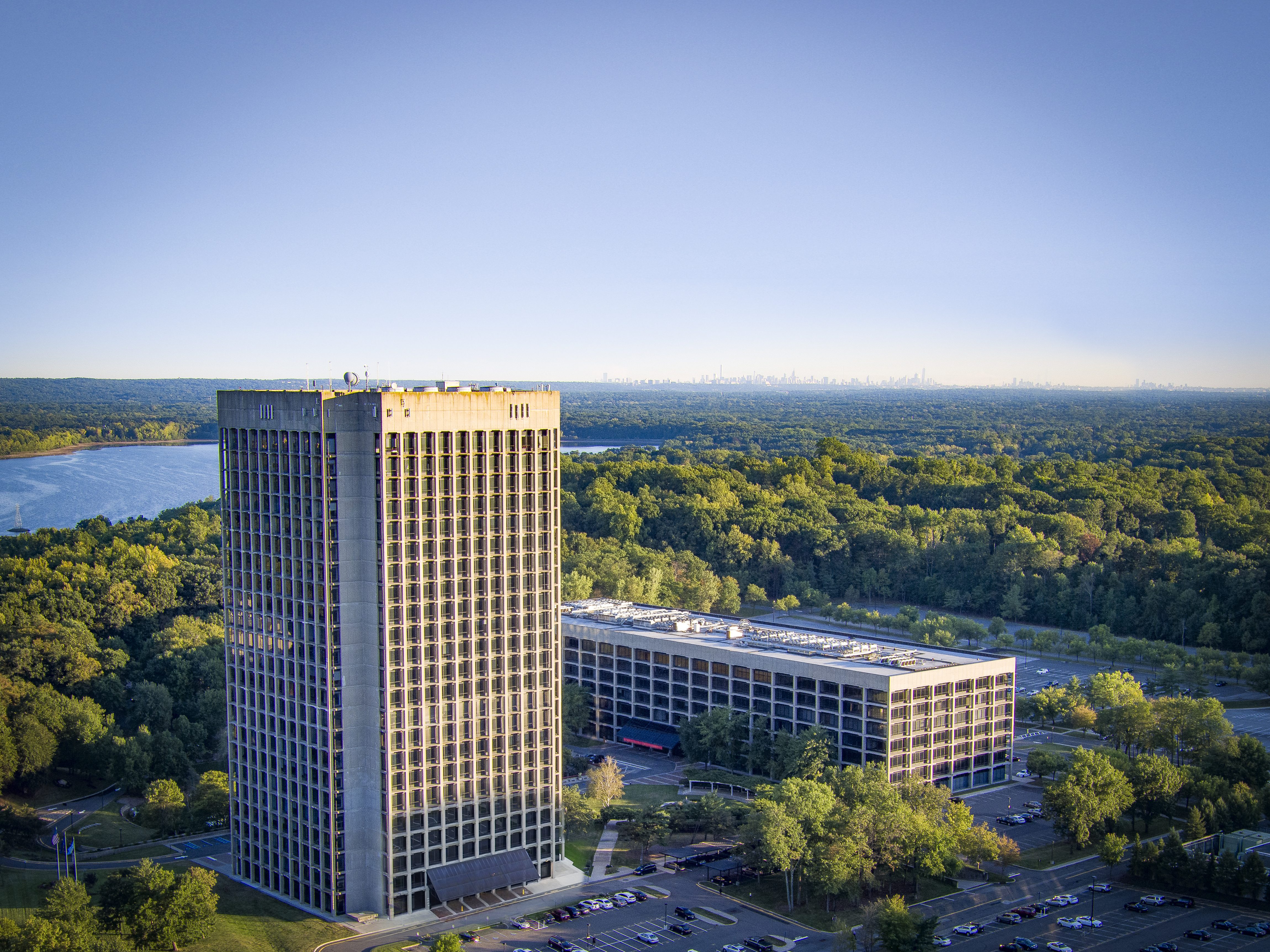
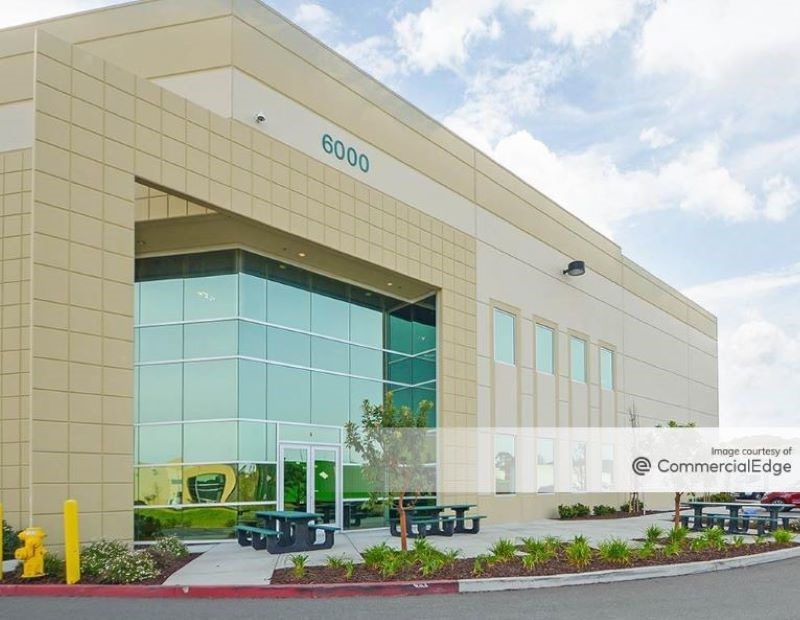
You must be logged in to post a comment.